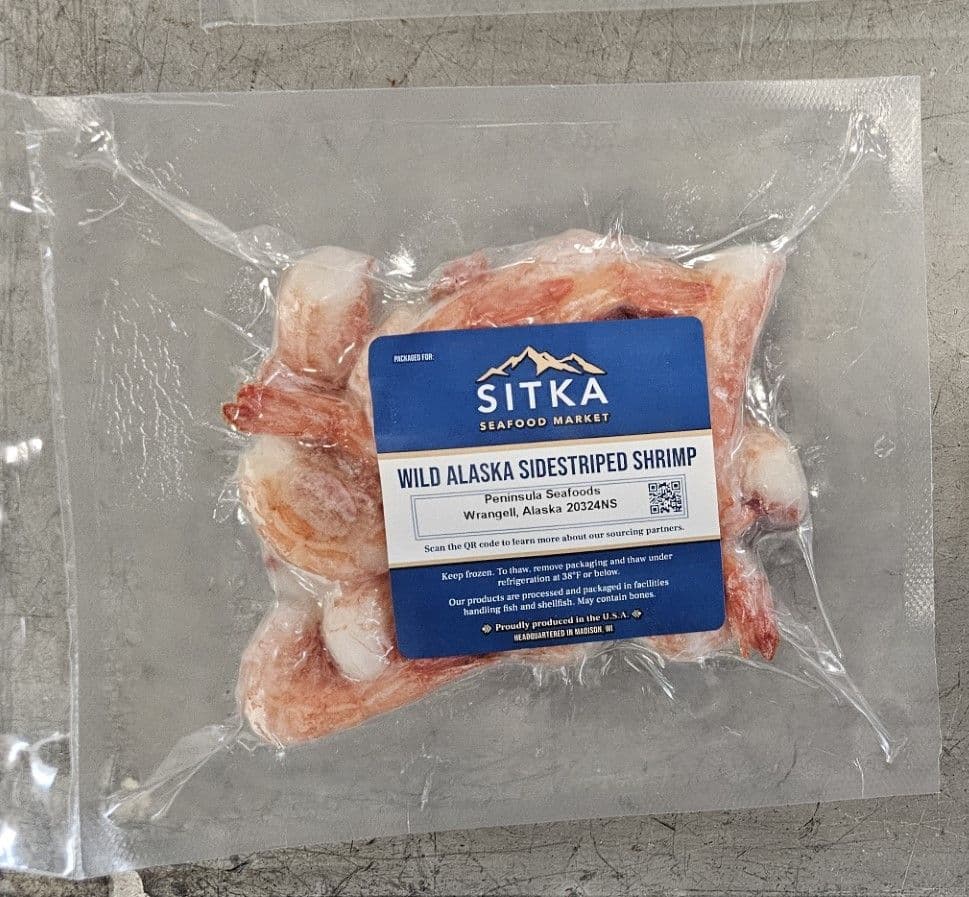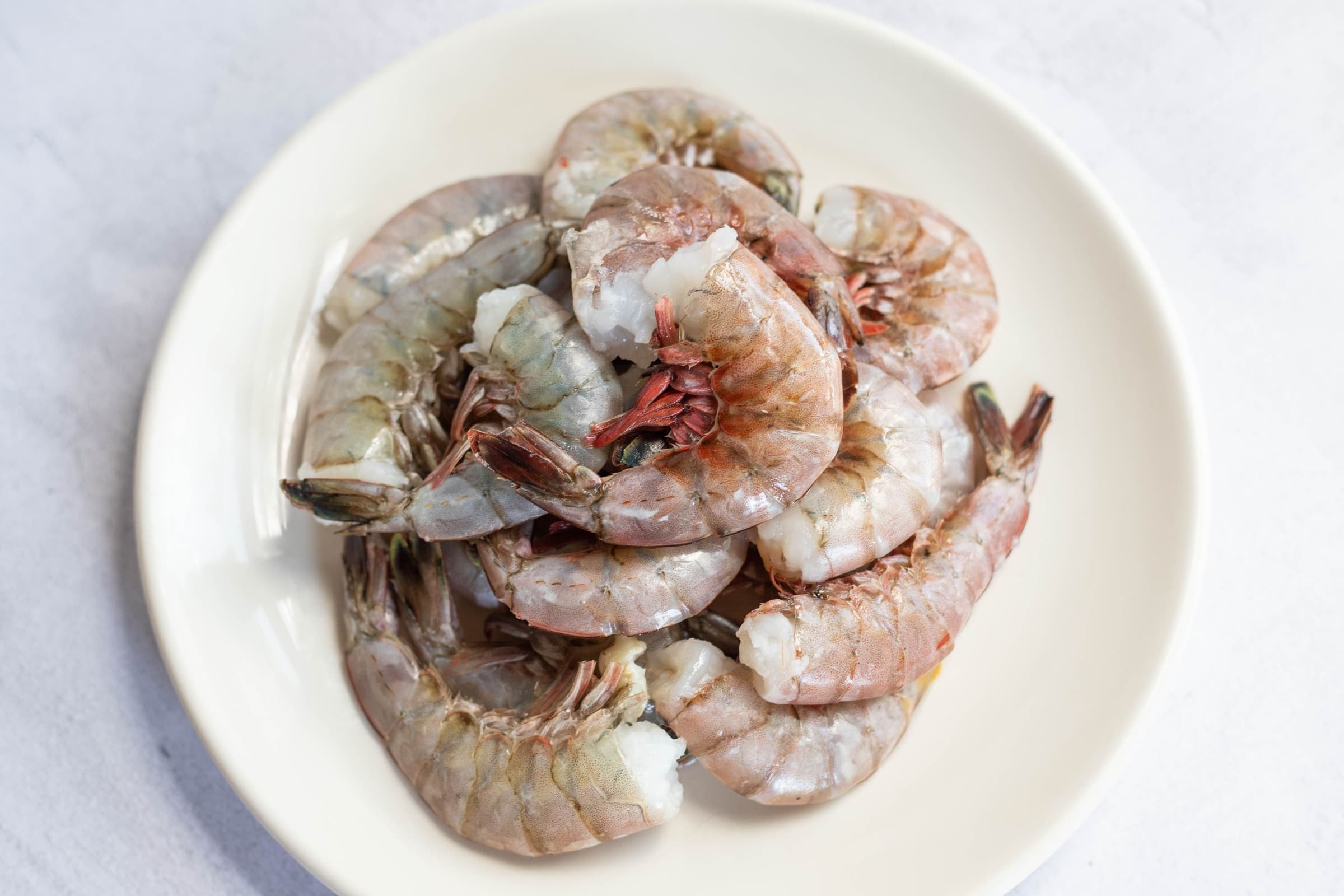Shrimp fraud is rampant in the U.S., with mislabeled, farmed, and foreign shrimp often sold as "wild-caught" or "local". This deception hurts consumers, damages local fisheries, and undercuts businesses committed to transparency, like Sitka Seafood Market.
New DNA technology is revolutionizing seafood verification, making it easier to catch fraudulent imports and ensure customers get what they pay for.
The Shrimp Fraud Crisis: Widespread Deception
A recent report from the Federal Trade Commission (FTC) warns that misleading seafood labeling is a growing concern, with companies facing legal action for falsely marketing seafood as "wild" or "local" when it isn't (FTC, 2024).
Another investigation found that at the Louisiana Shrimp & Petroleum Festival — an event supposedly celebrating Gulf seafood — most of the shrimp tested was actually foreign (Louisiana Illuminator, 2024).
This kind of fraud not only misleads consumers but also threatens small, responsible seafood businesses that rely on honest practices.
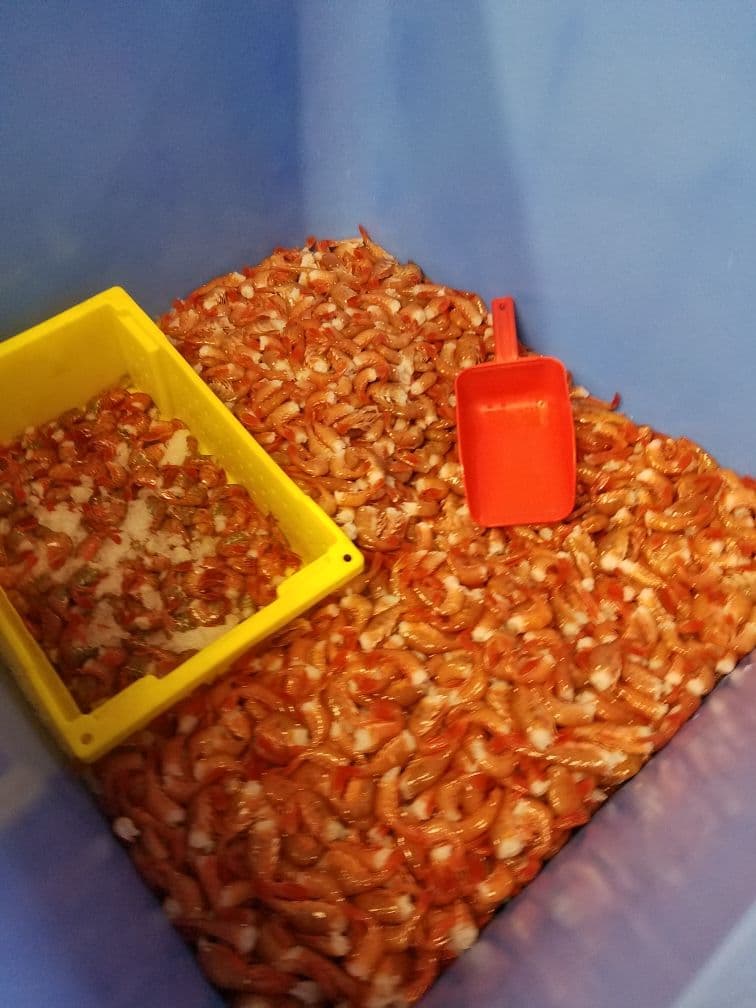
Fast DNA Testing: A Game-Changer for Transparency
Thanks to new DNA testing technology, seafood fraud is becoming easier to detect:
- Rapid species identification: Testing can confirm if shrimp is truly wild-caught or a mislabeled import.
- Origin verification: DNA analysis can determine where shrimp was sourced, helping to catch fraud at the supply chain level.
- More accountability: With this technology, businesses engaging in false advertising face greater scrutiny and legal consequences.
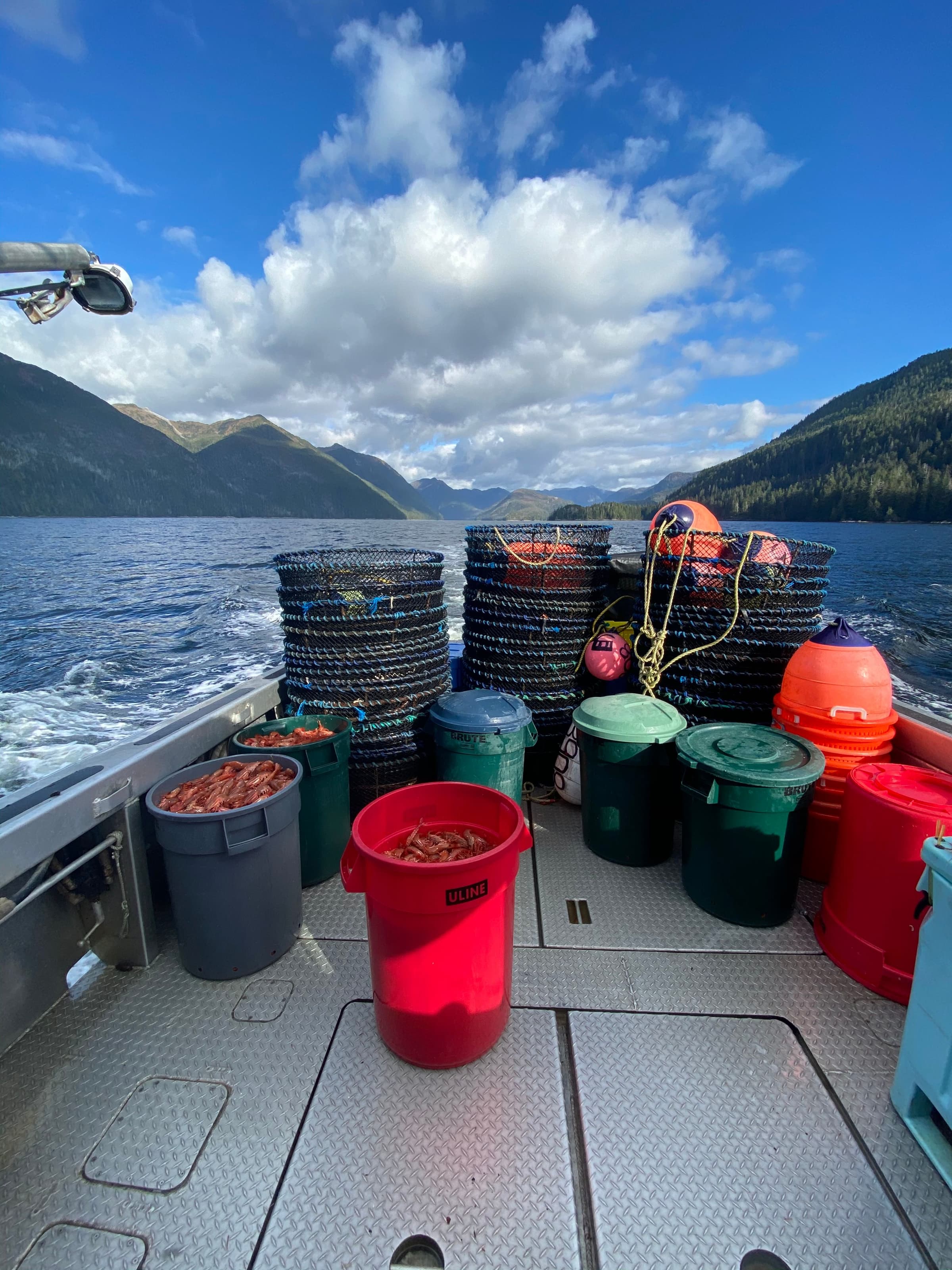
Sitka Seafood Market: A Commitment to Transparency
While shrimp fraud runs rampant, Sitka Seafood Market does things differently. We offer:
- Only wild-caught, U.S. seafood — no farmed or imported products.
- Full traceability — Every portion of seafood comes with information about where it was caught and who caught it.
- Support for sustainable fisheries — By sourcing directly from U.S. small-boat fishermen, Sitka Seafood Market helps maintain ethical and sustainable seafood practices.
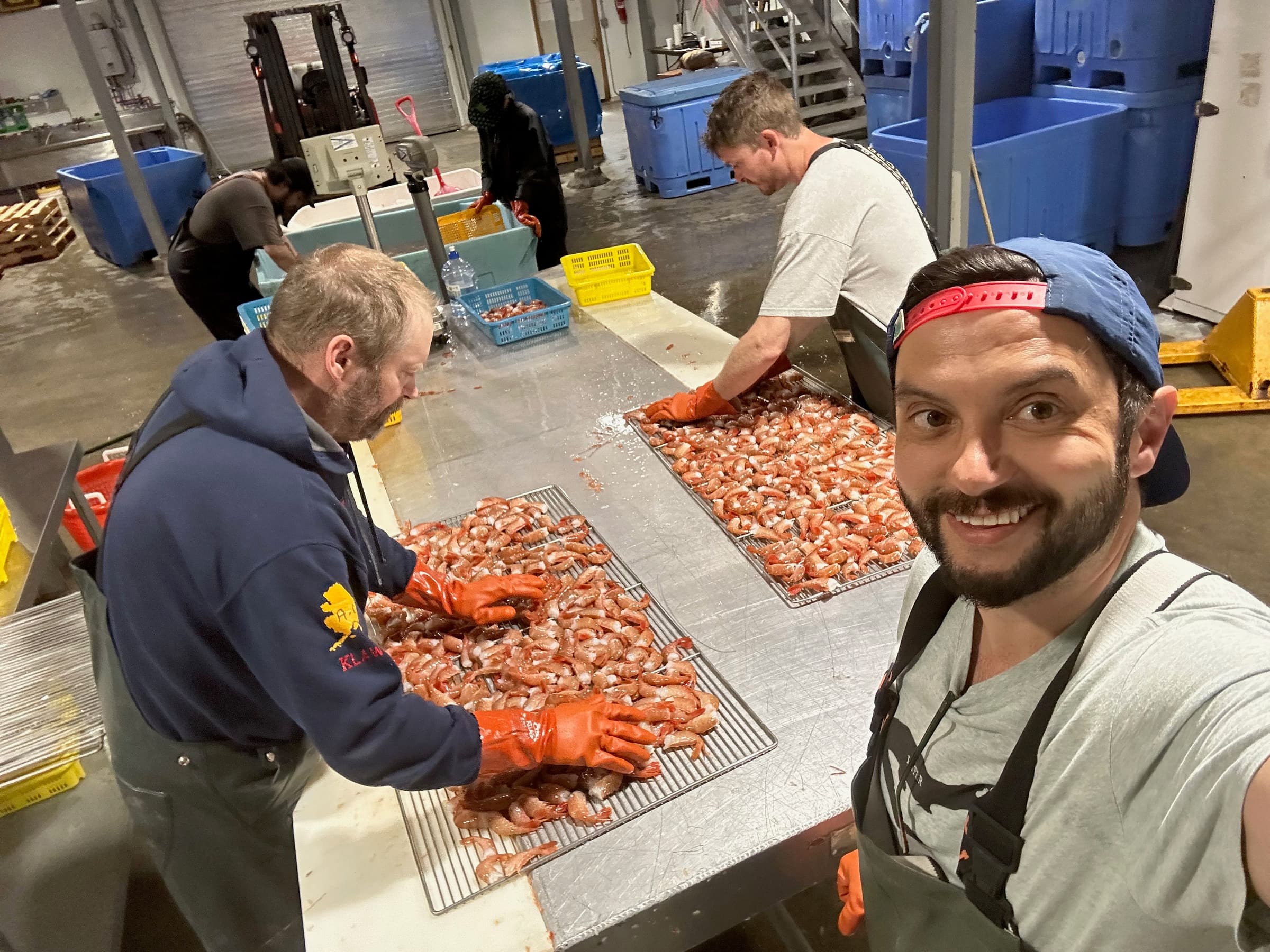
What Consumers Can Do
Want to make sure you're getting real, high-quality seafood? Here's how:
- Buy from trusted sources, like Sitka Seafood Market, that provide full traceability.
- Demand transparency from restaurants and stores selling ‘local’ and ‘US’ shrimp
- Educate yourself on seafood fraud and support stronger labeling laws.
With new fast DNA technology, seafood fraud is being exposed like never before. But it’s up to consumers to choose transparency by supporting businesses that offer genuine, traceable wild seafood.
